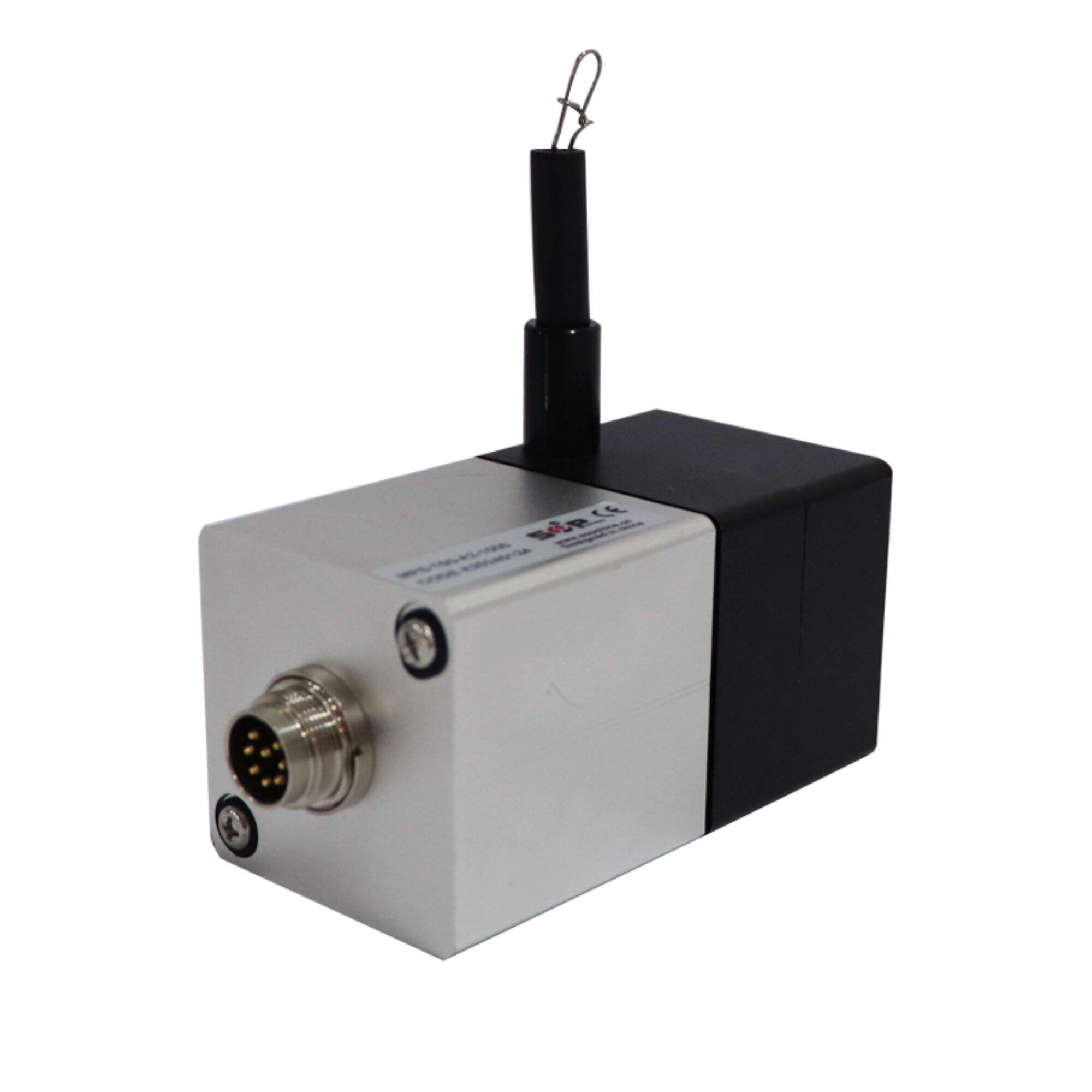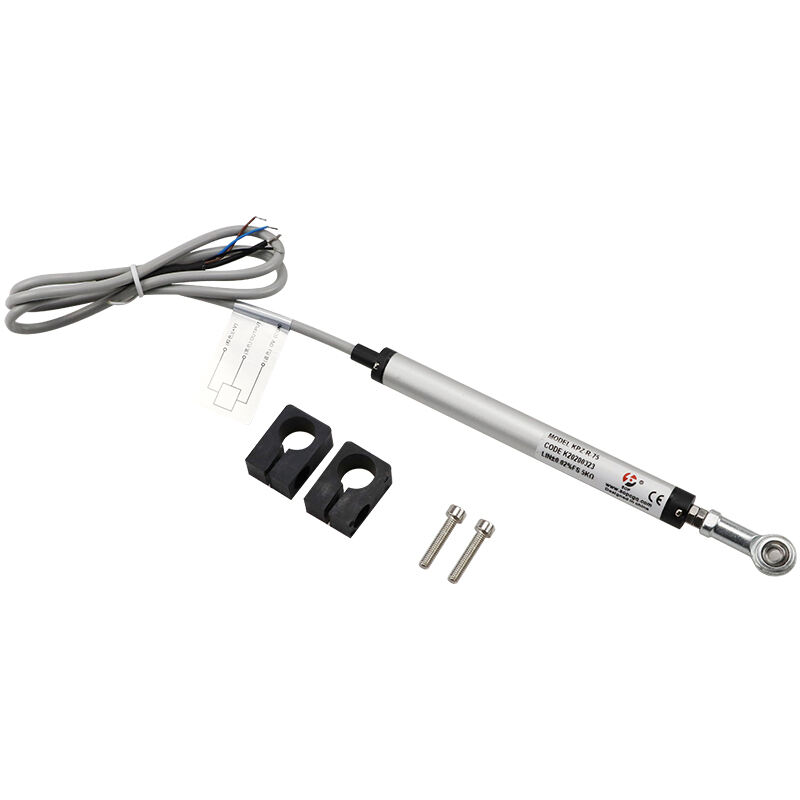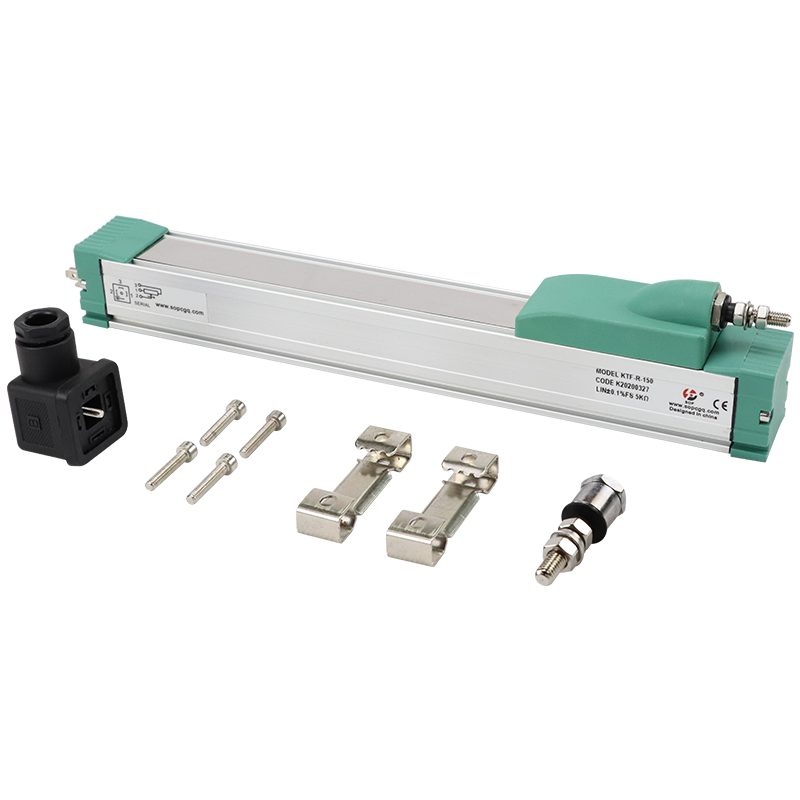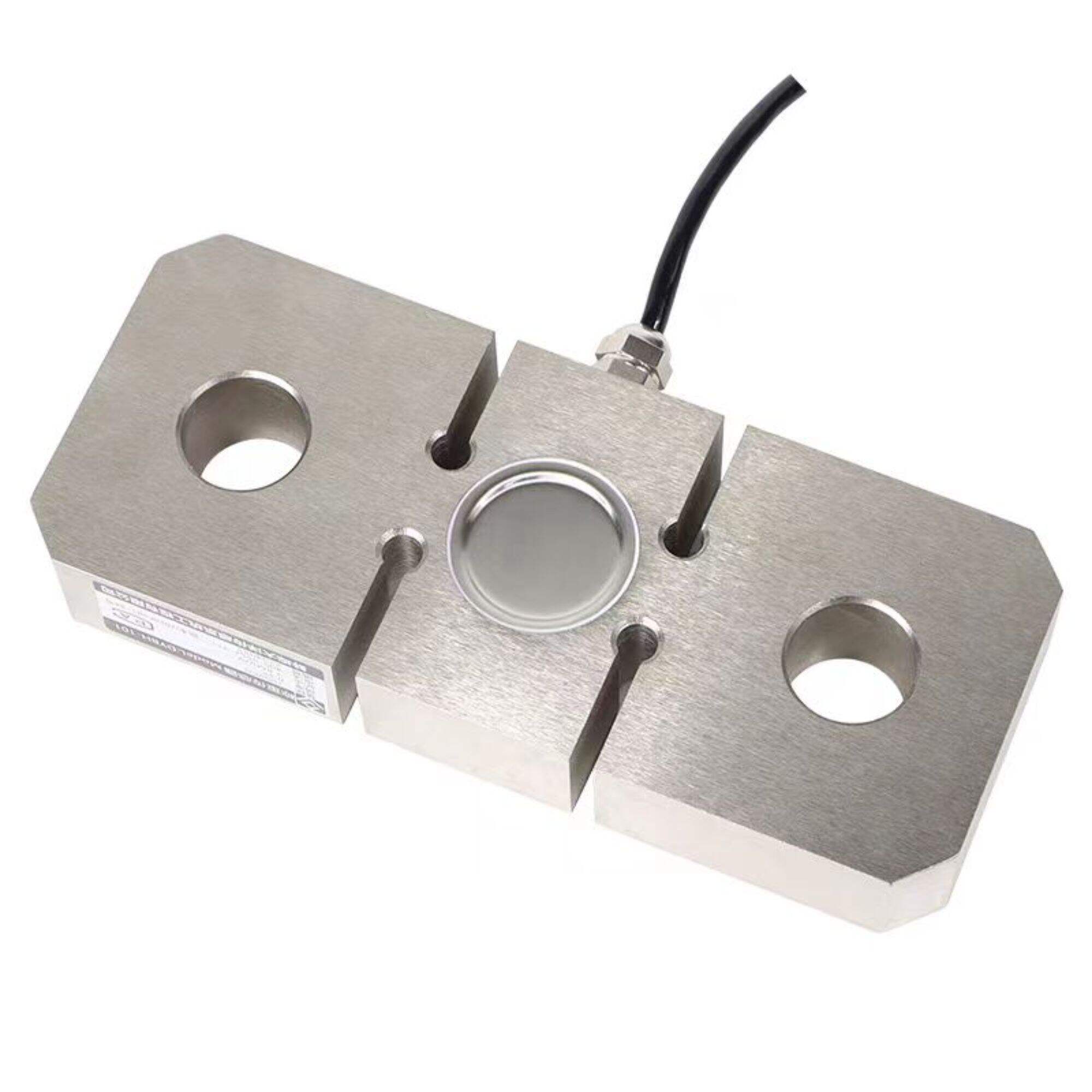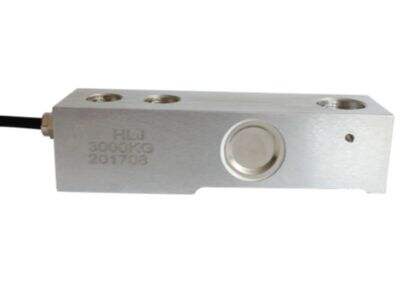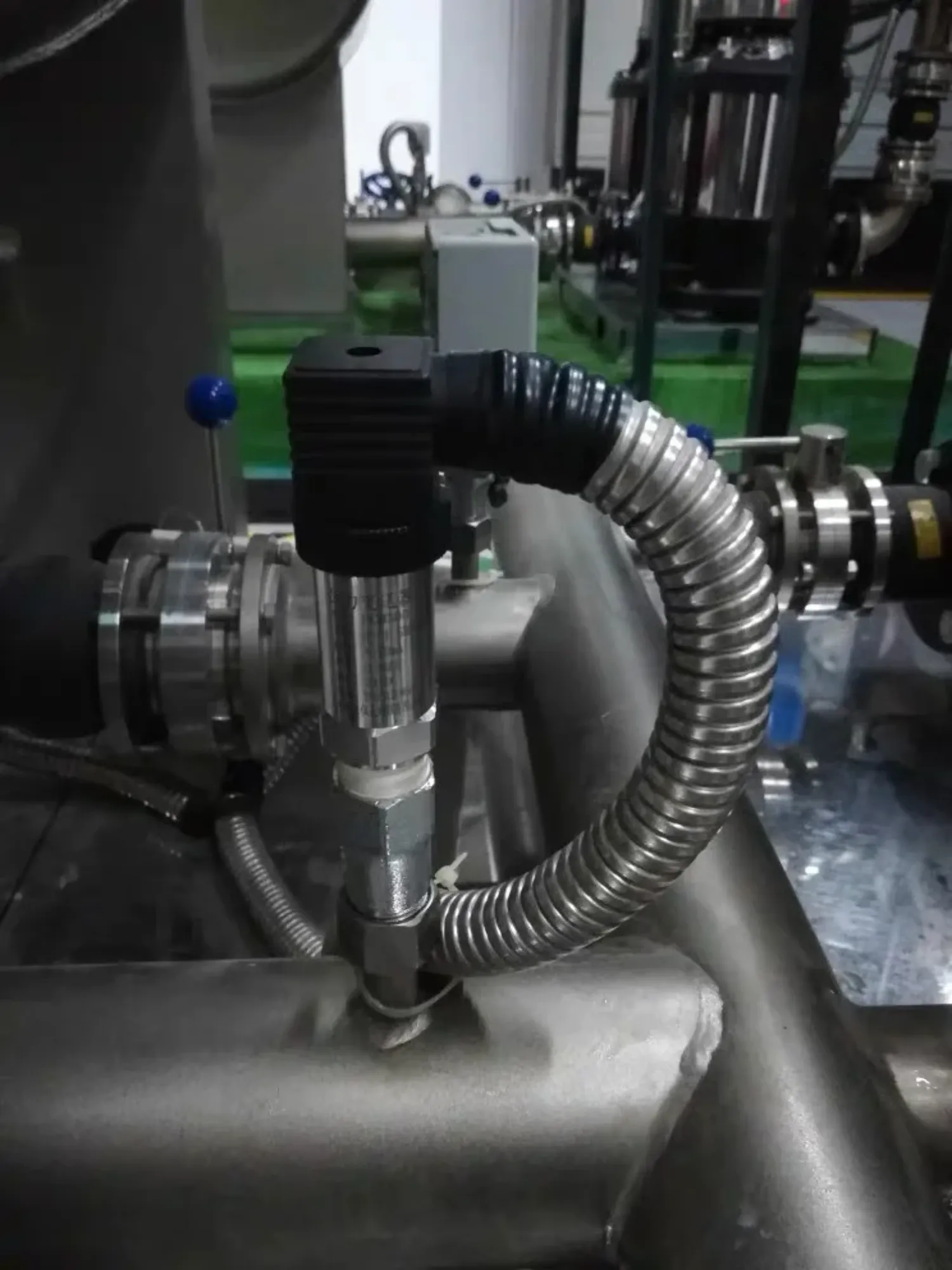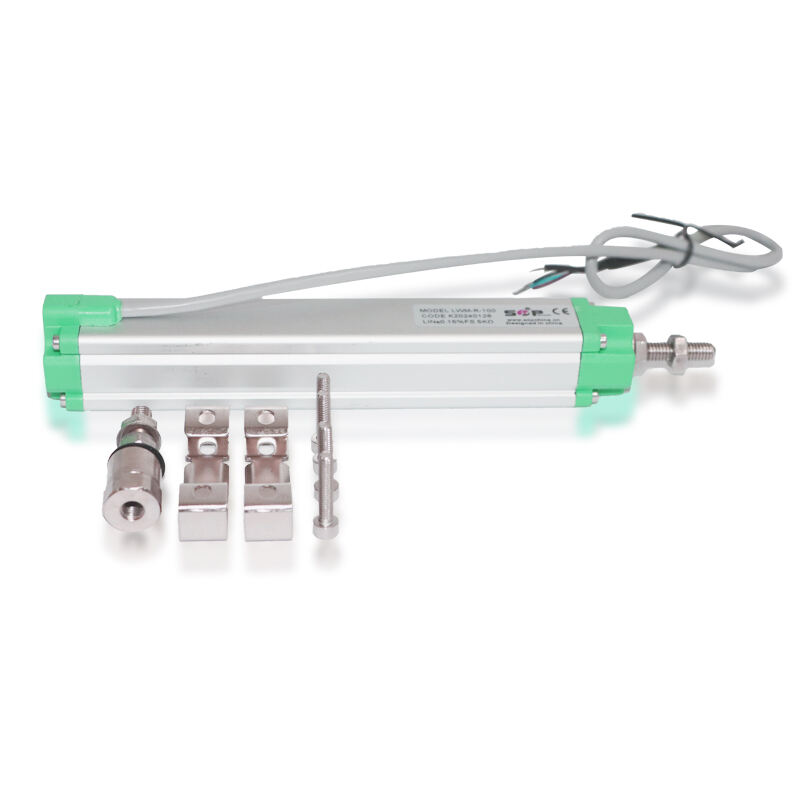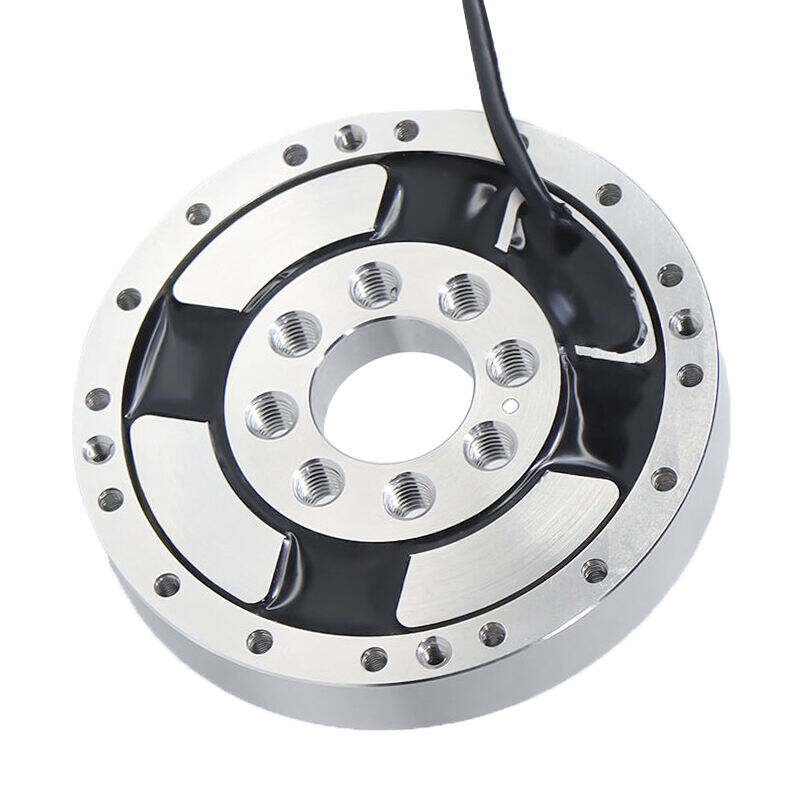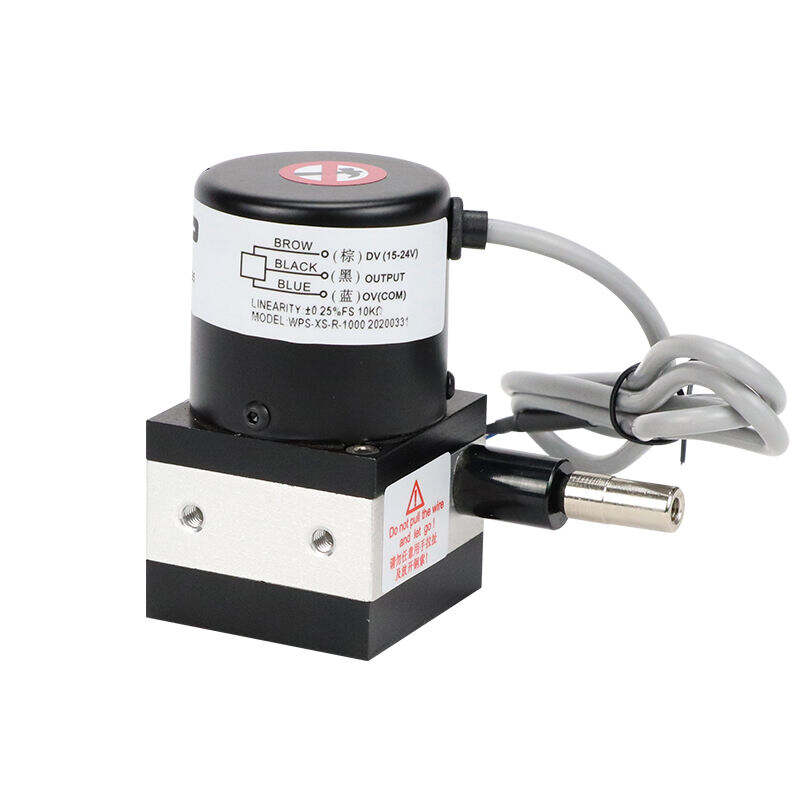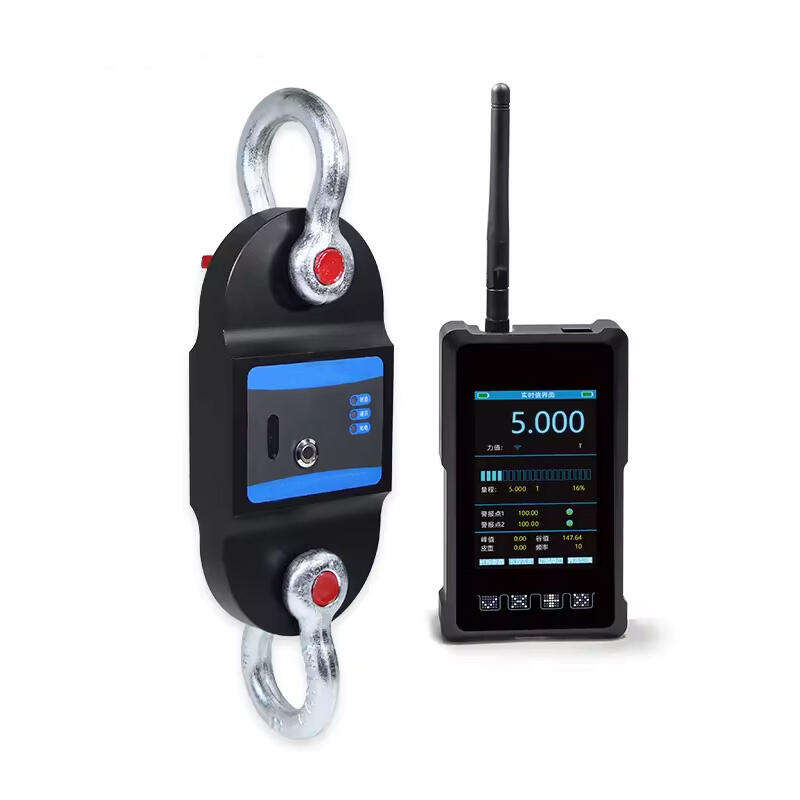fluid pressure sensor
A fluid pressure sensor is a sophisticated measurement device designed to monitor and measure pressure levels within liquid or gas systems. This essential instrument utilizes advanced sensing technology to convert pressure variations into electrical signals, providing real-time data for precise system monitoring and control. The sensor comprises a pressure-sensitive element, typically a diaphragm or strain gauge, that responds to changes in fluid pressure by generating corresponding electrical outputs. These sensors are engineered to operate across diverse pressure ranges and can withstand various environmental conditions, making them suitable for both industrial and commercial applications. The technology incorporates temperature compensation and calibration features to ensure accurate readings regardless of ambient conditions. Modern fluid pressure sensors often include digital interfaces for seamless integration with control systems and data acquisition equipment. They play crucial roles in numerous industries, including manufacturing, automotive, aerospace, and medical equipment, where precise pressure monitoring is essential for operational safety and efficiency. The sensors can detect both absolute and gauge pressure measurements, offering versatility in application. Advanced models feature built-in diagnostics and self-monitoring capabilities to ensure reliable operation and early detection of potential issues.

